Stardust fire inquest: 48 people who died in Dublin nightclub blaze were unlawfully killed, jury rules
Ireland’s longest-running inquest delivers conclusion on country’s worst fire disaster
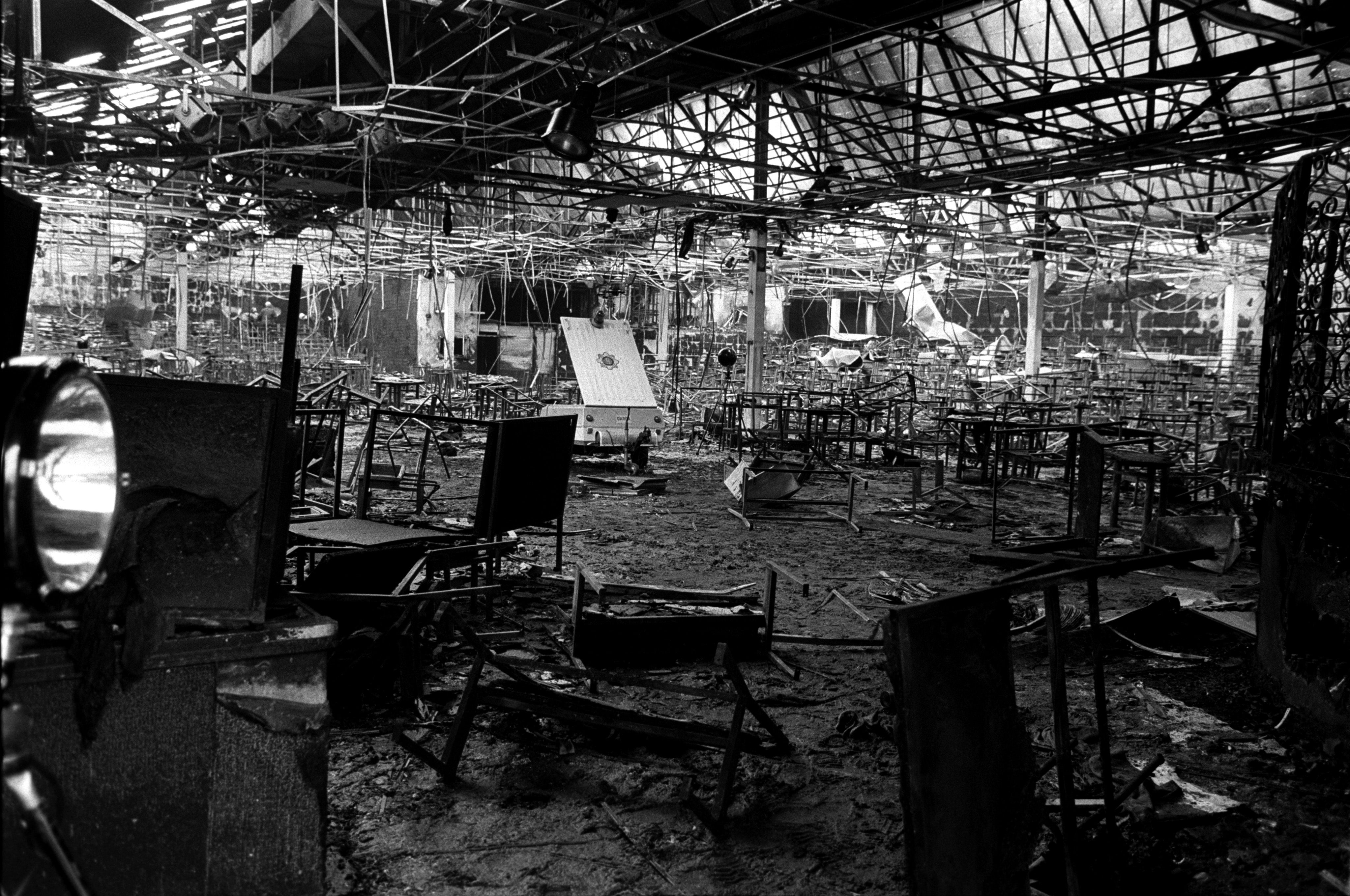
All 48 people who died in a nightclub fire in Dublin 43 years ago were unlawfully killed, a jury has concluded.
The blaze in the Stardust club in Artane, north Dublin, on Valentine’s night in 1981 was the largest-ever fire disaster in the history of the Irish Republic.
Most of the victims were under 21, and a further 200 people were injured in the fire.
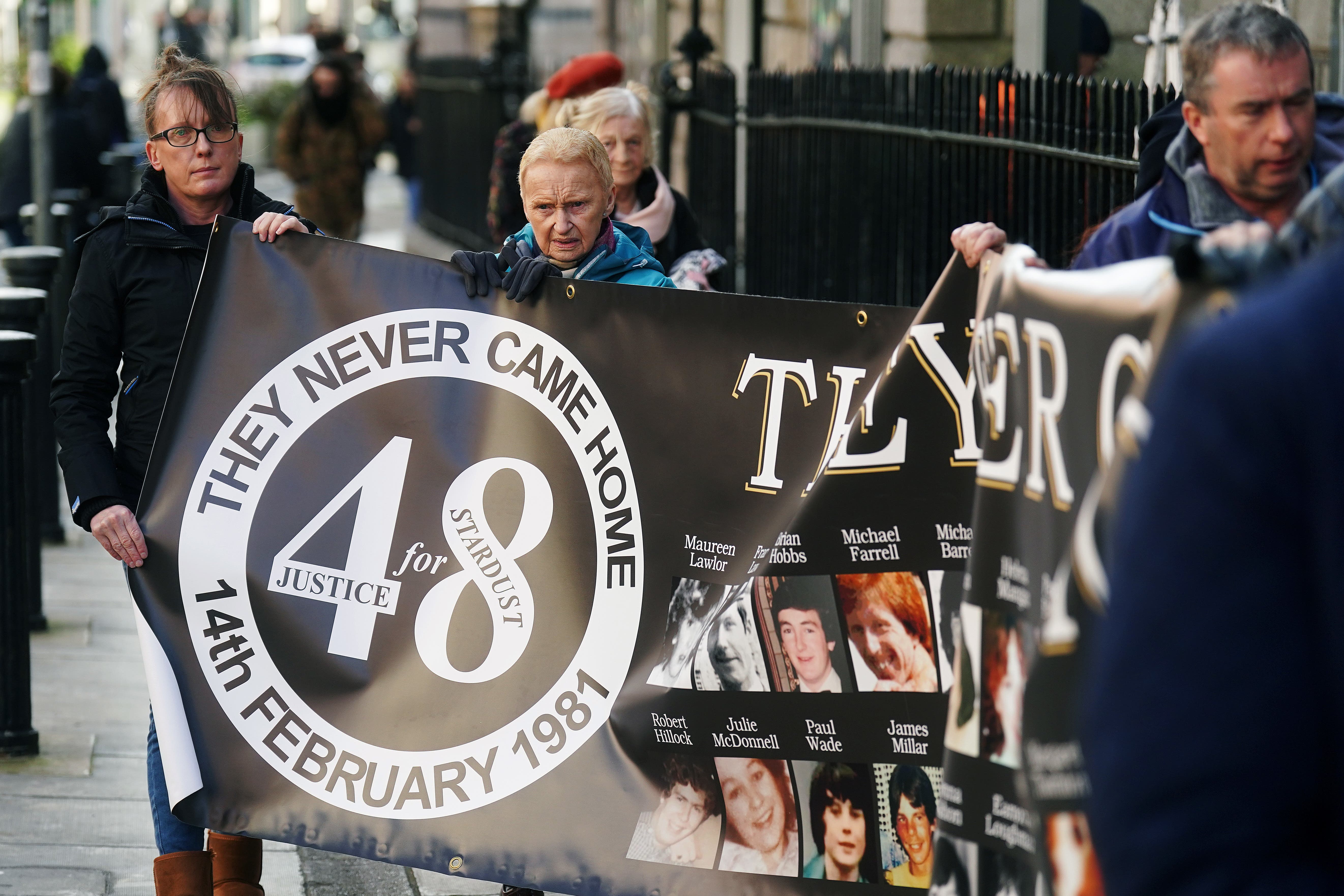
The first inquest ruled the cause of the fire was arson – but the families refused to accept it and the verdict was dismissed in 2009.
After years of campaigning by the families, the then attorney general granted a fresh inquest in 2019.
The longest-running inquest in Ireland, directed by Seamus Woulfe, opened last year, sat for 122 days and heard the testimony of 373 witnesses.
The jury found that the fire was caused by an electrical fault in the hot press in the bar, and the blaze was first seen outside the building between 1.20am and 1.40am. Jurors said the fire was first seen inside the ballroom between 1.35am and 1.40am.
Polyurethane foam in seating, the height of the ceiling in a west alcove of the building, and carpet tiles on the walls were contributory factors to the spread of the fire, the jury found.
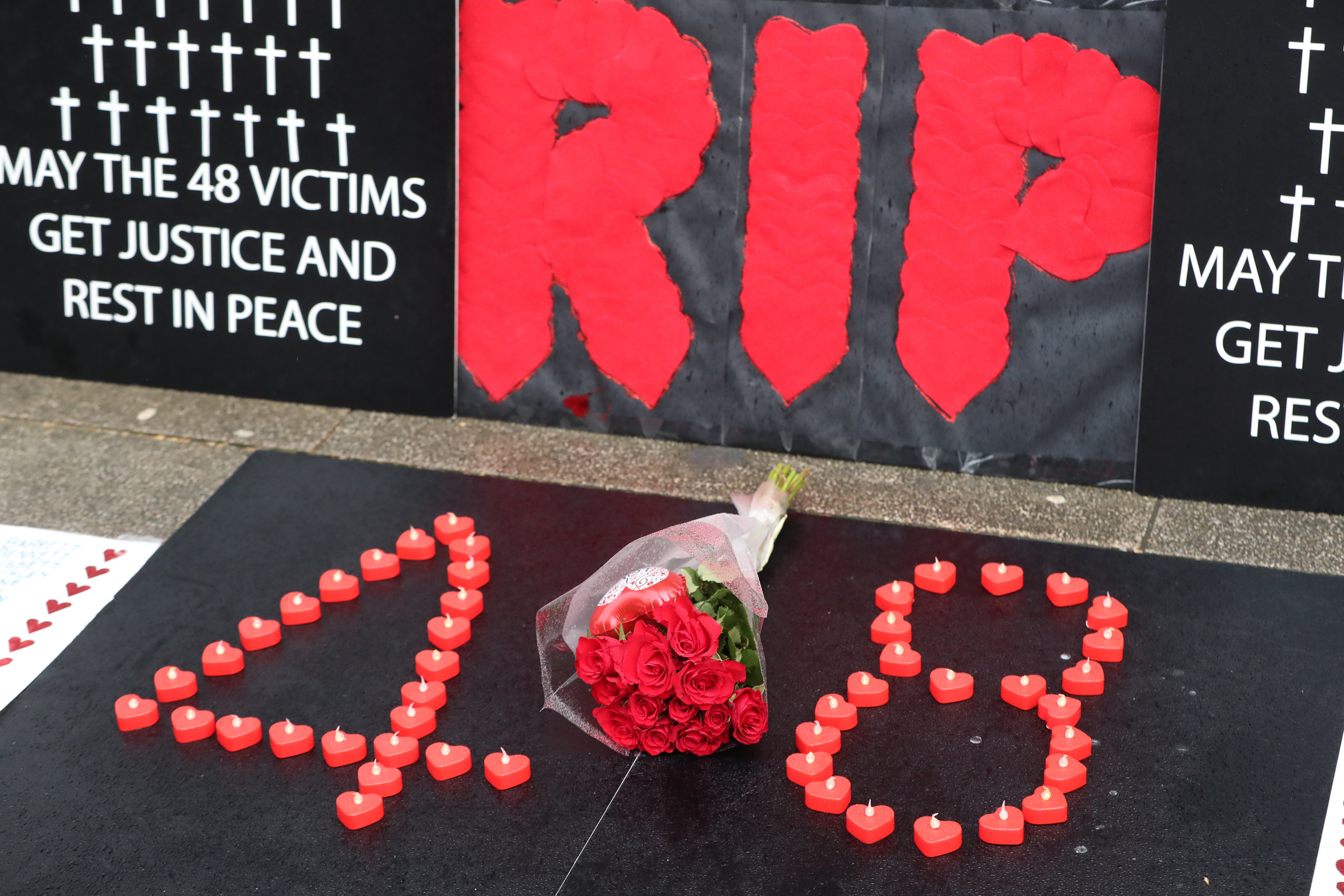
They said that lack of visibility due to black smoke, a lack of knowledge of the layout of the building, toxicity of the smoke and/or gases, the heat of the fire, failures of the emergency lighting system, lack of staff preparedness, and the speed of the spread of the fire all impeded people escaping.
Asked whether any of the deceased were impeded in their ability to exit due to locked, chained or otherwise obstructed exits, the jury said “yes”.
Asked whether this was a contributory factor in any of the deaths, the jury also said “yes”.
They further recommended improved reviews of building regulations.
The jury foreman said they had reached the same verdict into the deaths of each individual – that of unlawful killing. Majority verdicts were reached after 11 days of deliberation.
Some family members jumped to their feet and applauded the jury members at length, while some sat in their seats and were moved to tears.
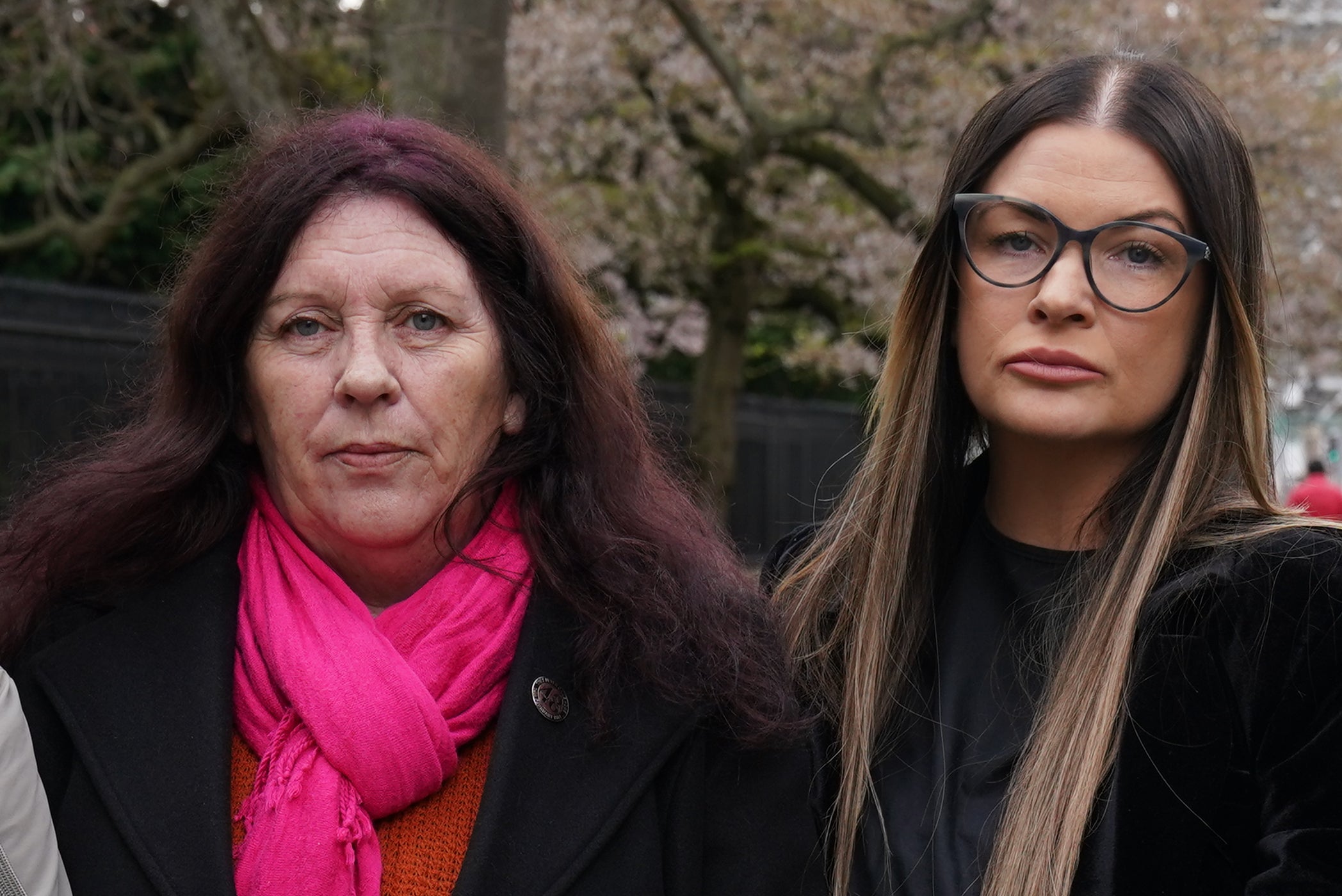
Others embraced each other as soon as “unlawful killing” was pronounced.
Coroner Myra Cullinane paid tribute to the “persistence and commitment” of the families who had campaigned for fresh inquests.
“To the families, I acknowledge the deaths of these 48 young people is a source of ongoing grief to those who loved them, and it remains the defining loss of their lives,” she said.
“However, I hope that family members will have taken some solace from the fact that these fresh inquests were held, that the facts surrounding the deaths were examined in detail, that moving testimony was heard from many of those involved in the events of the night and, most importantly, that you the families felt fully involved in proceedings, however difficult it was to hear all of the evidence.
“The fact that these inquests have been held at all is in no small part due to the persistence and commitment of families over the years.
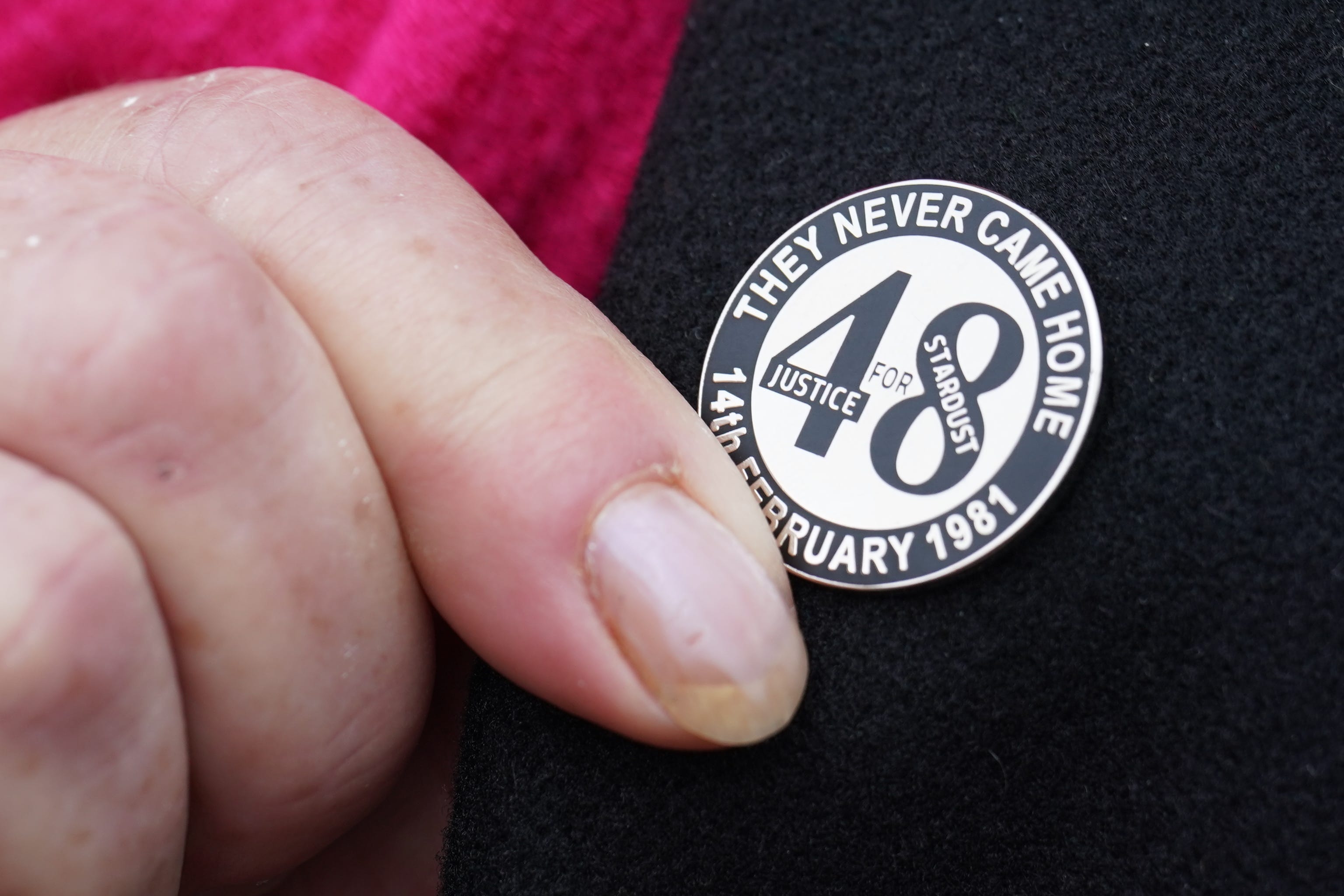
“And, finally, we remember those 48 young people who lost their lives on that fateful night. It is their lives that we’ve sought to vindicate by way of these inquests.”
Irish premier Simon Harris described the Stardust tragedy as “one of the darkest moments in our history” and “a heartbreaking tragedy because of the lives that were lost, the families that were changed forever, and the long, drawn-out struggle for justice that followed”.
He said after the verdicts were delivered: “I’m extremely conscious of the fact that this must be an extraordinarily difficult and emotional day for all of the families involved, people who have sought justice, answers and truth for such a long period of time.
“As taoiseach, I certainly stand ready to interact and engage with those families.”
In the Irish parliament, deputy premier Micheal Martin said: “My thoughts and all of our thoughts are with the families of those who died in the Stardust tragedy in 1981.
“This will be a huge moment for the families, and indeed for the entire country, because the Stardust tragedy is seared on the collective consciousness of the Irish people and the tenacity of the families and their success in securing this inquest has been a service to all in society.”
Join our commenting forum
Join thought-provoking conversations, follow other Independent readers and see their replies
Comments
Bookmark popover
Removed from bookmarks